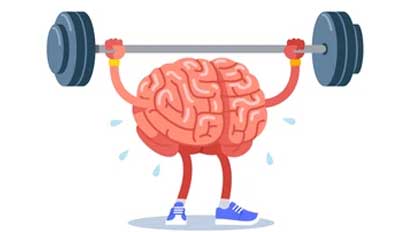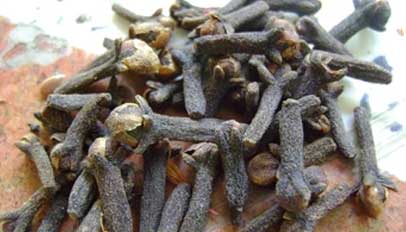What is Cognizin Citicoline Used For?

What is Cognizin citicoline used to treat? Citicoline is a psychostimulant used to promote brain health. It is used to treat neurological diseases like Alzheimer’s, Parkinson’s, and glaucoma. It has several benefits, including improved memory and cognition, accelerated recovery, and the prevention of Parkinson’s disease. Learn more about its benefits below. Read on to discover how this supplement can help you.
Improves memory

Recent research on the use of citicoline as a supplement for improving memory has shown encouraging results. The supplement was found to improve both episodic and overall memory performance in healthy males and females. The findings of the study have led researchers to conclude that citicoline may be an effective treatment for both acute and chronic conditions that cause memory loss. There are some drawbacks to the supplement, however. Here are some of them.
The researchers concluded that Cognizin improves memory by supporting brain performance and metabolism. It also protects neural tissue from free radicals. While it is difficult to determine whether citicoline and DHA supplementation work together in boosting cognitive functions, it is an excellent supplement for improving memory. The ingredients in this combination are also known to enhance mood, improve sleep, and increase overall brain metabolism. Using citicoline and DHA together can improve memory function by a significant amount.
Supports healthy vision
A Japanese pharmaceutical company produces a supplement called Cognizin with citicoline as one of its ingredients. This ingredient has been used in eye health applications, including vision supplements. It has been shown to promote the production of dopamine, which is a brain chemical that helps signal cells in the retina and optical pathways. It is also known to improve focus and attention span. Unlike other stimulants, citicoline is free of caffeine. It provides a boost of energy and mental clarity, and it improves overall focus and concentration.
The compound is available as an oral supplement and an injection. The ingredient was first prescribed in Japan and Europe to help stroke patients improve their thinking skills and function. It has also been used in the treatment of glaucoma and Alzheimer’s disease. It may also help increase other brain chemicals. This makes citicoline vital for healthy vision. However, more research is needed to determine if this supplement will benefit you.
Treats Parkinson’s disease
In a recent science seminar, Dr. Schauss discussed new research on a compound called Citicoline, which can slow the progression of Parkinson’s disease. It is a neurotransmitter that is believed to reverse memory loss and to alleviate cardiovascular pathologies that contribute to impaired brain function. The compound is a product of Kyowa Hakko, a world leader in nutraceuticals and pharmaceuticals. The company has recently developed new fermentation technology to produce high-quality Citicoline.
Citicoline is a precursor to acetylcholine, sphingomyelin, and phosphatidylcholine, three neurotransmitters that have important roles in cognitive function. As the brain ages, its levels of acetylcholine decrease. Citicoline can reverse these age-related changes in brain cells. It is effective in reducing levodopa dosage, as well.
Reduces cravings

Taking a supplement like Cognizin citicoline can significantly reduce your cravings for food. Citicoline has been shown to improve brain function, and it may also affect the region of the brain responsible for appetite. In one study, scientists at McLean Hospital and Harvard Medical School administered two different doses of citicoline for six weeks. The subjects were then monitored for changes in their ratings of their appetite, body weight, and the corticolimbic responses to images of high-calorie foods.
Although the exact mechanisms responsible for this effect are not fully understood, it seems that citicoline increases dopamine levels in the corpus striatum. It also increases tyrosine hydroxylase activity and inhibits dopamine reuptake. In addition to its effects on cravings, citicoline may also help prevent or mitigate some of the negative effects of Alzheimer’s disease, which is associated with a deficiency in dopamine in the reward center of the brain.
